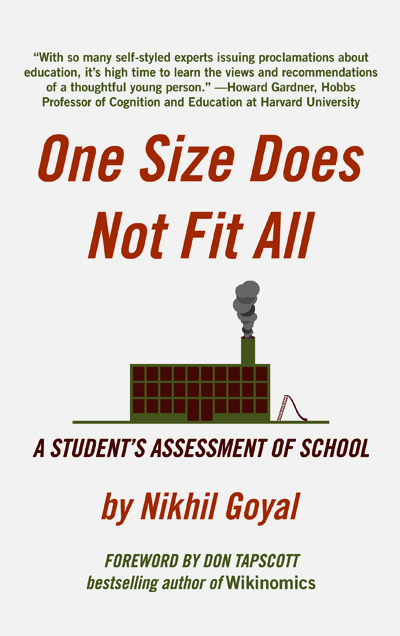On one hand, they obviously still care. In his biography, Walter Isaacson described a conversation with Steve Jobs, where he talked specifically about revolutionizing the textbook market. In addition, Apple did have a big event for education last January. At this event they announce partnerships major textbook publishers and—more importantly—released the free iBooks author software to anyone and everyone interested in creating rich, multimedia textbooks for their students. At the same event, they also rolled out a major overhaul of iTunes U. The expanded service allows universities to get a full course materials for interested autodidacts who want to play along from home.
At the same time, if you compare Apple over the last decade to the 1990s, it’s clear that they’ve lost some of that fire and passion for the education market. I should point out, that I think that this has nothing to do with the return of Steve Jobs to Apple. NeXT, Steve’s company while in exile from Apple, was exclusively focused on the education market. And part of the reason Mac OS X is so easy to manage in a school environment is because it is based off of the NeXTStep operating system.
The Verdict
It’s not that Apple doesn’t care about education as much anymore; it’s that education doesn’t care about integrating technology as much. In the 90s, very few people had computers at home. You went to university computer lab or used the Mac in your classroom if you needed to use a computer. Getting computers into the classroom was a way for Apple to expose students to their potential. Now, the opposite is true. Most adults have exclusive access to a least one computer at their workplace and many have access to more than one. Adults as well as students carry computers in their pocket with them on a day-to-day basis.
The situation is much more dismal in schools. According to the U.S. Department of Education’s National Center for Education Statistics (2010), the ratio of students to computers in the classroom in 2009—the most recent year that data was available for—was 5.3 to 1. In addition, even if students do have powerful computers in their pockets, most school district policy forbids them from using them in their schools.
Apple sells more devices through just one of their New York City retail stores in a month than they sell to the entire year to the New York City Department of Education—the nation’s largest school district—an entire year. In addition, most large school districts are known for being notoriously hard to work with. To this day, the New York City Department of Education still has not found a way to allow its schools and teachers purchase apps for school-owned iOS devices. Word on the street is that they’re demanding their own App Store despite the fact that Apple has Volume Purchasing Program in place.
The point is this: if Apple or any other technology company wants to get their devices into the hands of the artists, scientists, writers, thinkers, and creators of tomorrow, then going through the education market is the absolute least efficient way of doing that. Why cut through the red tape when you can bypass the middleman?
There needs to be a shift in our priorities. And there needs to be a drastic reduction in the amount of bureaucracy involved in deploying technology in schools.
This is important, because while a lot of students and families have computers at home, a lot more don’t. For those that do, is not uncommon for that one computer to be shared by the entire family.
A moral imperative for schools is to provide equity and access to education. Part of an education in the 21st century requires being able to use and solve hard problems with the tools of the world today. Until schools prioritize this for all students, we will continue to do students a disservice and the education market will continue to be tangential to companies like Apple.








